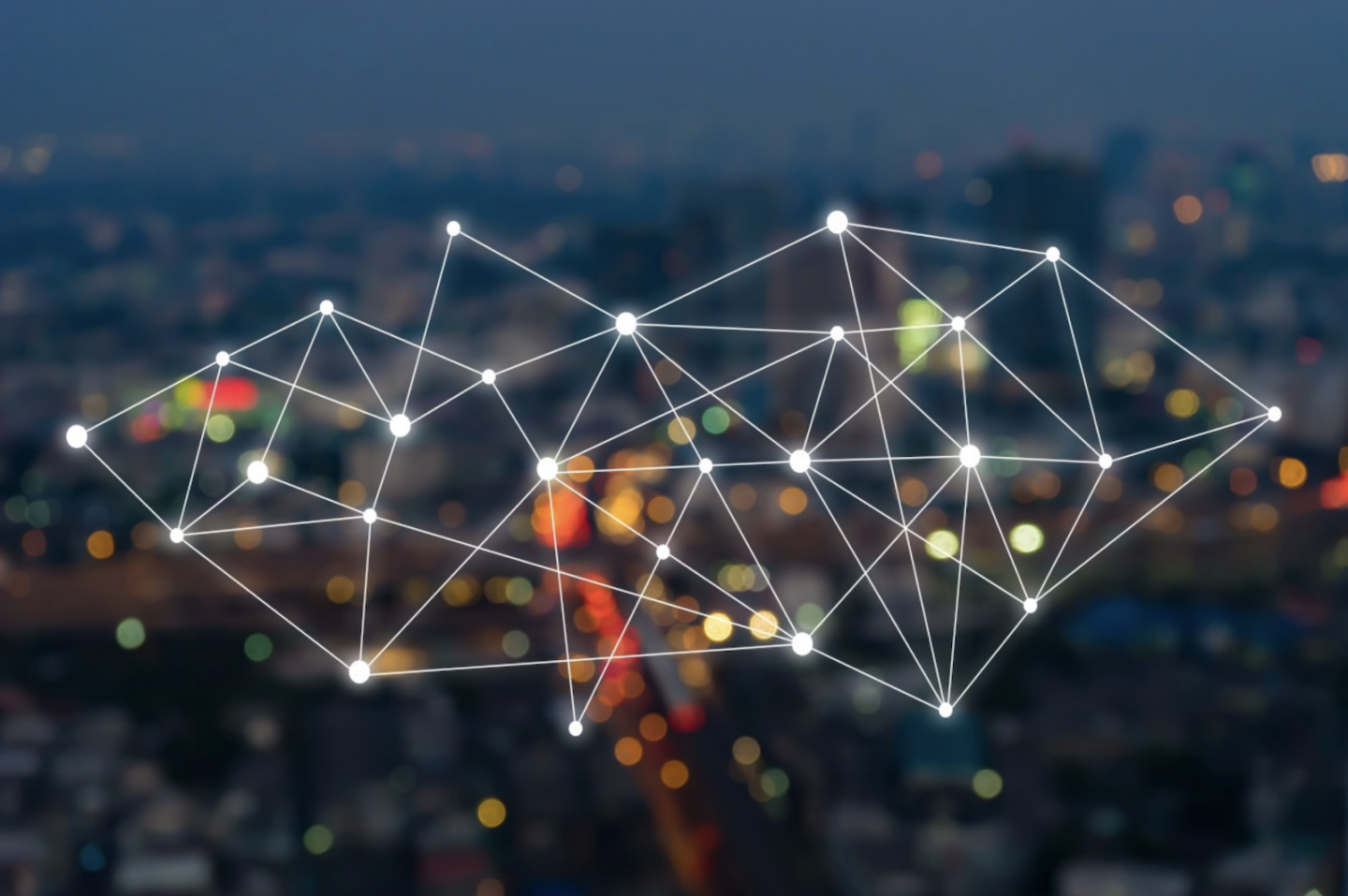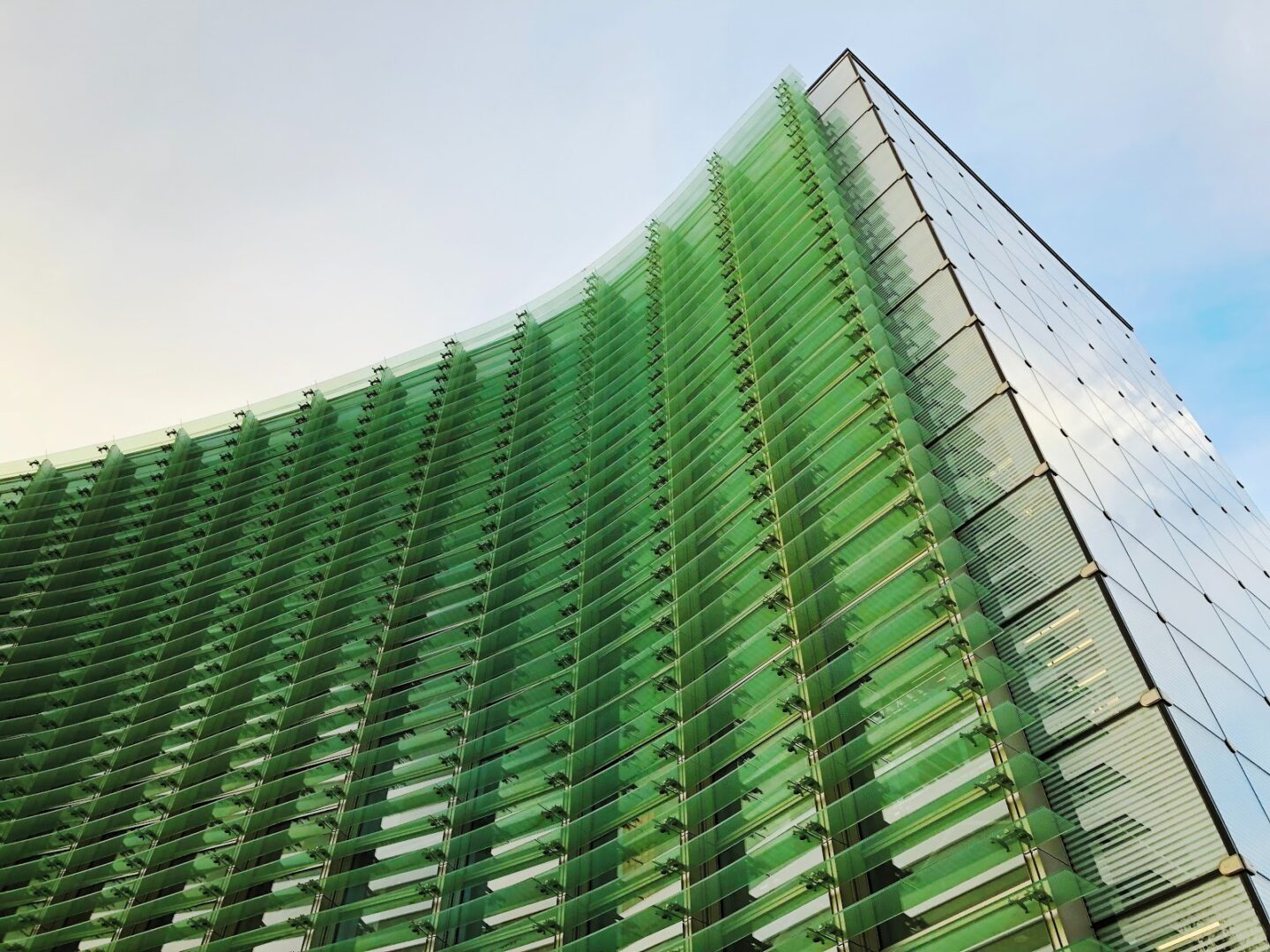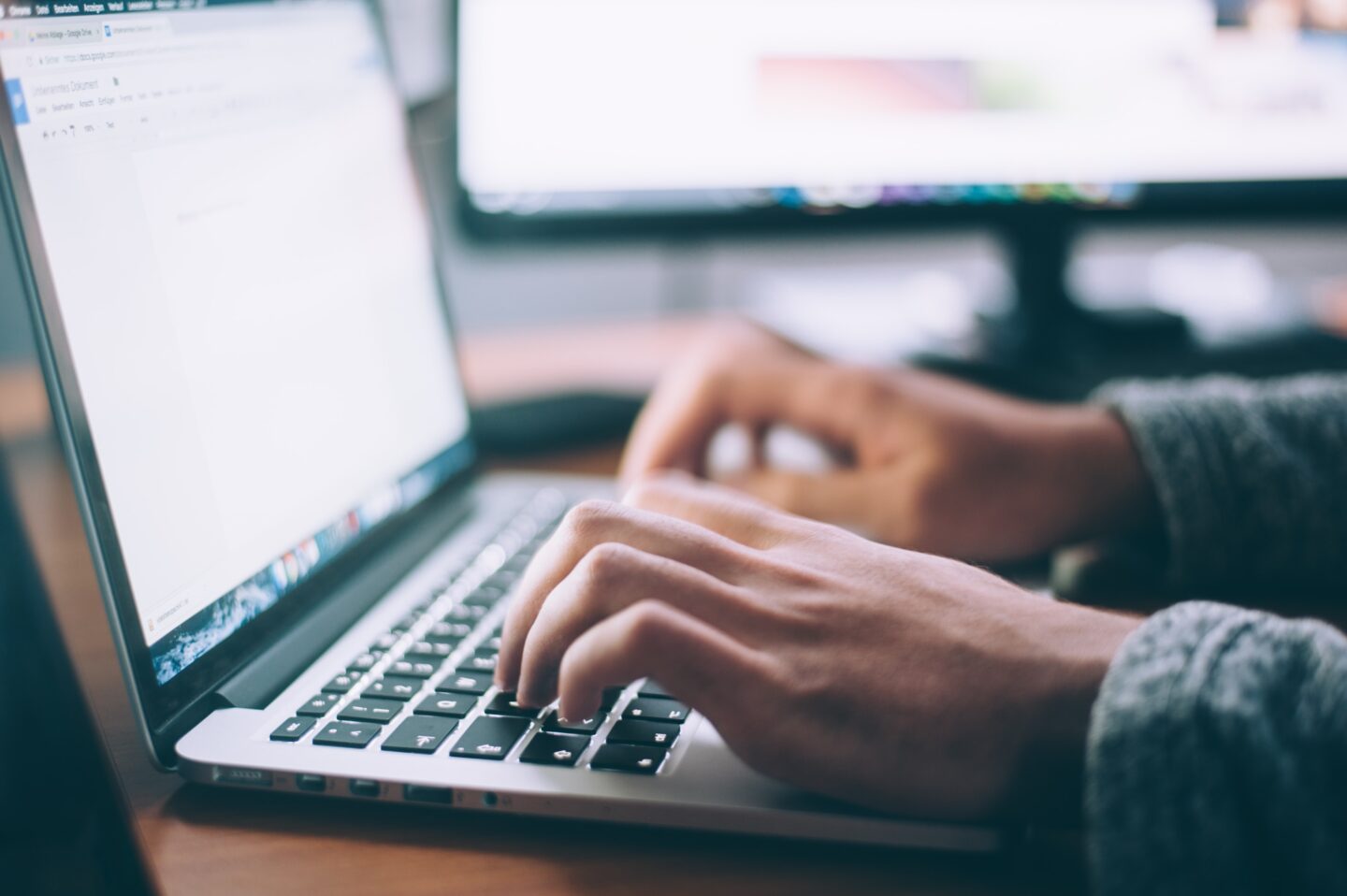- Smart working & Place Benefits
Social innovation at the time of the pandemic: the case of the Third Sector
What tools and what actions can help improve working conditions for Third Sector operators with the arrival of COVID-19? A social survey aims to support category managers and employees.

With the advent of the global pandemic caused by the spread of COVID-19, many workers have found themselves working from home, effectively trading human interactions for digital ones. This switch of operating mode has meant that online platforms such as Zoom, Teams or Google Meet have begun to have an exponential impact on our professional daily life, becoming indispensable companions in the workplace today.
However, how can digital interaction have a positive impact on business processes? How can these tools foster social innovation, environmental sustainability and better management of remote working?
To respond to the new job requirements, which initially seemed temporary but are now becoming permanent, the ARCO research centre, within the context of the SEVERE project – Social Enterprise through Virtual Environments and Remote Entrepreneurship, funded by the European Commission for Erasmus+, is carrying out a socialsurvey aimed precisely at understanding what the most effective tools for a better organisation of work could be, in particular for companies in the Third Sector, one of the most affected by this drastic change in the way of working.
The national survey developed by ARCO aims to collect the opinions of Third Sector operators on the aspects and tools that, more than others, can promote smart working or teleworking. With respect to the former, we are referring to elements such as spatial and temporal organisation, concentration, exchange of ideas and documents, training, focus groups, etc. As far as the tools are concerned, we are referring to the technology put in place to promote an improvement in one’s work performance.
A different approach to professional life: the SEVERE Project
As mentioned previously, the survey conducted by the ARCO research centre is part of the SEVERE Project: the transnational programme has multiple objectives, including facilitating the birth of an entrepreneurial mindset and skills, encouraging active citizenship and the spread of social enterprises at a European level, but above all to promote a new and different approach to professional life, also because of the increased demand for more sustainable forms of collaboration, at both an environmental and social level.
SEVERE, coordinated by Glasgow Caledonian University, also involves five other European universities, PIN S.c.r.l – Educational and scientific services for the University of Florence (Italy), Dublin City University (Ireland), Universidad Pompeu Fabra (Spain), Universidade de Aveiro (Portugal), Groupe SUP de CO Montpellier (France), and aims to foster an ecosystem where social innovation becomes the protagonist with the crucial contribution of universities as promoters of social entrepreneurship.
The role of the Sodalitas Foundation
In Italy, also the Sodalitas Foundation, a reference partner for those companies that consider sustainability a distinctive factor and integrate it into their business strategies, has recently started dealing with the organization of remote work, with the aim of finding the right balance between personal and work needs, and in the second case, with greater levels of effectiveness and efficiency. According to Sodalitas, companies that promote a healthy lifestyle and in which the employee becomes an active subject, ensure that each worker is not only healthy, but also more motivated and productive, especially since agile working has become essential for companies due to the health emergency, exploring fundamental issues such as those of flexibility, skills and available technologies.
In conclusion, if the Third Sector has been overwhelmed by the smart working revolution, addressing the issue with ad hoc solutions will allow workers to obtain long-term benefits, especially when the pandemic becomes a distant memory.



